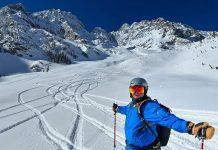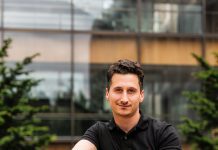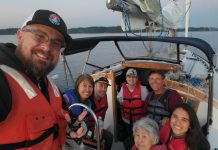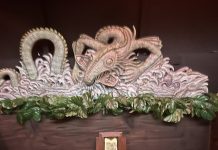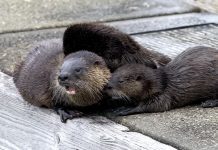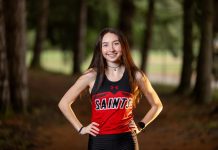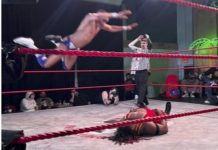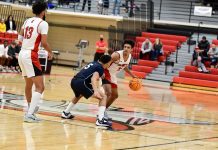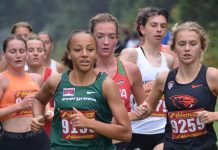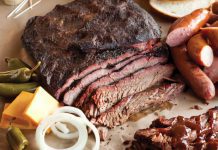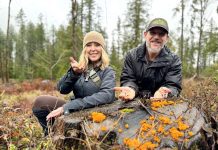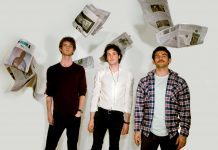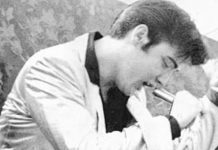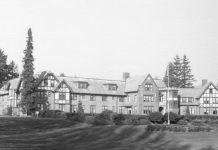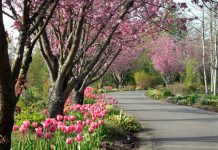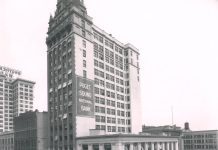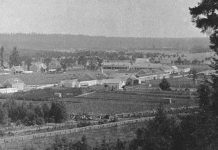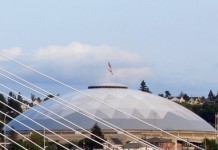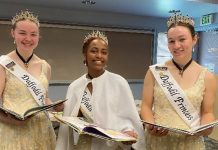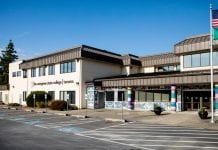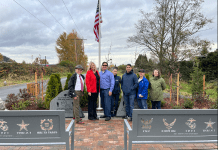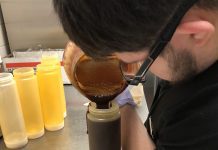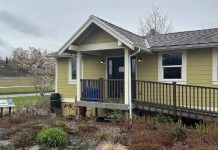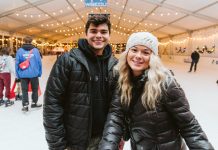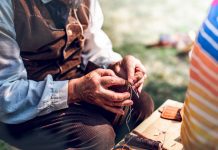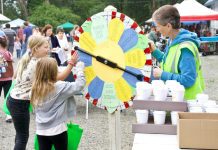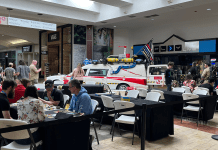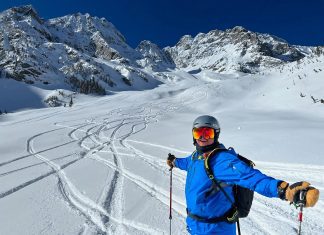The Evergreen State College has been an influential and progressive part of the Olympia community for many years, striving to support and help individuals achieve their academic goals. Even beyond that, though, Evergreen has a mission to connect people worldwide. Specifically, The s’g?i g?i ? altx? Longhouse and Indigenous Arts Campus has made a commendable effort in connecting artists and indigenous peoples of the world to each other, including holding the annual Native Arts Fair happening this December. In conjunction with this mission, the Longhouse team organized about seven years ago under the leadership of Tina Kuckkahn-Miller, currently the VP of Indigenous Arts and Education, and the founding Longhouse Director, with the vision of having their own studio space to support some of the bigger themes of native art in the region and around the world. “We embarked on a campaign to build an indigenous arts campus,” VerMeulen says. The team wanted to make sure the buildings incorporated indigenous architectural styles from around the world to reflect the friendships and connections that have been made, so they set to work.
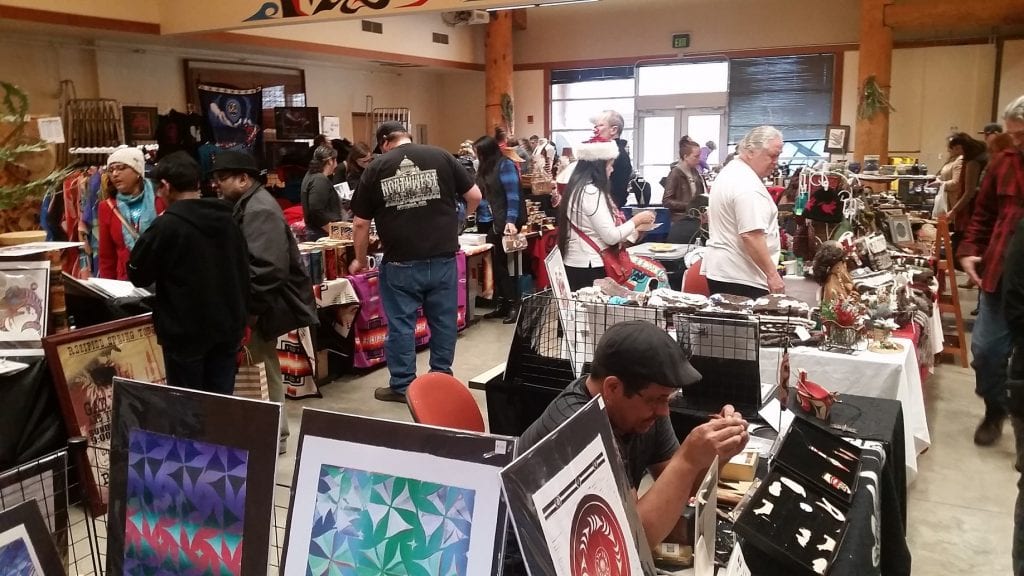
Initially, the campus started off with a small, 800-square-foot, carving studio with funding from the Ford Foundation. With the needs of their artists, this space immediately became too small and they quickly realized a need to expand. It was still hugely important to them to incorporate indigenous influences, which spurred two projects for the campus: a fiber arts studio, known as the Paim?rire, and a carving studio, called the Pay3q’ali Arts Studio.
The Paim?rire Fiber Studio is reminiscent of the meeting houses customary Maori culture. The M?ori are the indigenous people of New Zealand. In order to bring this culture to life, Evergreen faculty Alex McCarty a two-time Evergreen graduate worked with Joe Feddersen of the Longhouse and the New Zealand art organization Toi M?ori Aotearoa, who connected them with M?ori native Lyonel Grant in 2013. He was a great asset on the Paim?rire project because of his experience in creating a meeting house at one of the college campuses in New Zealand, as well as being New Zealand’s premier sculpture artist. With Grant’s background and Longhouse’s vision, all they needed to make this a reality was an architectural team. John Paul Jones of Seattle was brought in to fashion the shape of the 1,800-square-foot studio, and Rolluda Architects, Inc. of Seattle to eventually build it. Finally, in October of 2018, the Paim?rire Fiber Studio officially opened and welcomed new and returning artists to the space to continue their work.
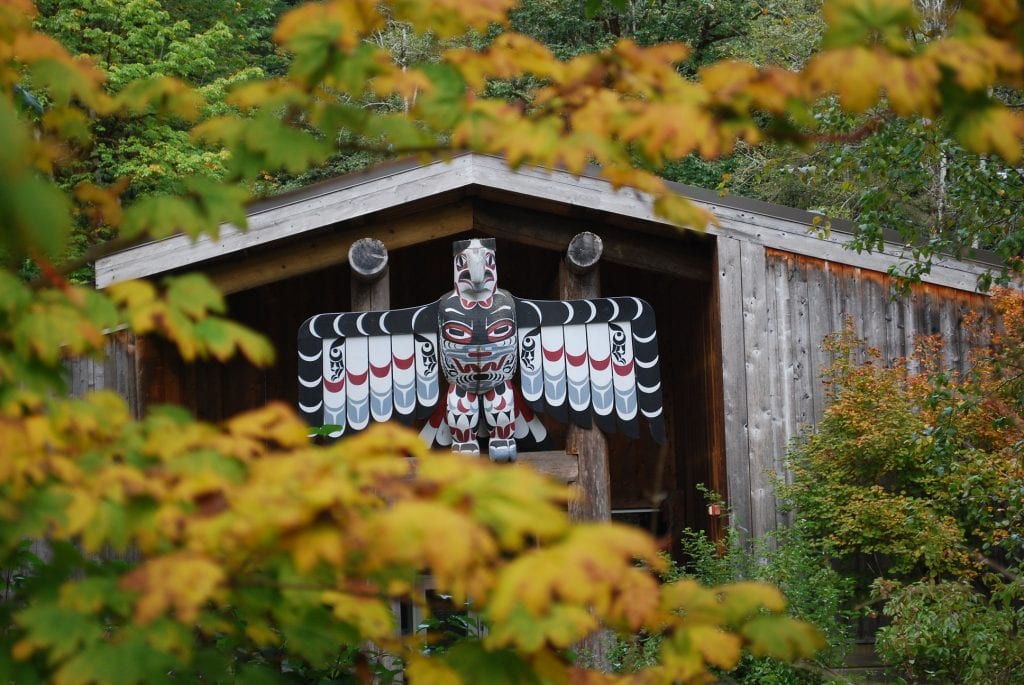
McCarty also consulted with the Longhouse on the second project, a 2,000-square-foot carving studio, to ensure the same native recognition was implemented. It was completed and opened in October 2018, and they called it the Pay3q’ali Arts Studio, Pay3q’ali meaning “a place to carve.” The fiber studio is a blend of influences, the Eastern side featuring M?ori style art while the Western side boasts Makah and Salish art. Inside, these tribal art styles come together to create a space for carvers and weavers to develop their own indigenous-inspired works. Currently, a team of 52 weavers has been working on a new sculpture. Each weaver was given a five-inch by seven-inch cedar block to weave whatever they wanted independently and send back. This collaborative effort will be a testament to the full diversity of the weavers that Longhouse has had the opportunity to work with. The sculpture, called “A Teaching of the Tree People,” will be unveiled once people are able to return to the campus post-pandemic. The concept is one belonging to retired Evergreen faculty member Joe Feddersen (Colville).
With such a rich indigenous art history, the Longhouse campus wanted to have a platform to showcase and support local artists. Tina Kuckkahn-Miller, Vice President of Arts and Education, was an integral part of making this happen. “She really worked with artists in the region to find out what they needed the most, and what they really needed was a way to get their art out there,” VerMeulan says. Thus, in 1996, the Longhouse Native Arts Fair was born with a mission to support native arts and cultures, which still rings true 24 years later.
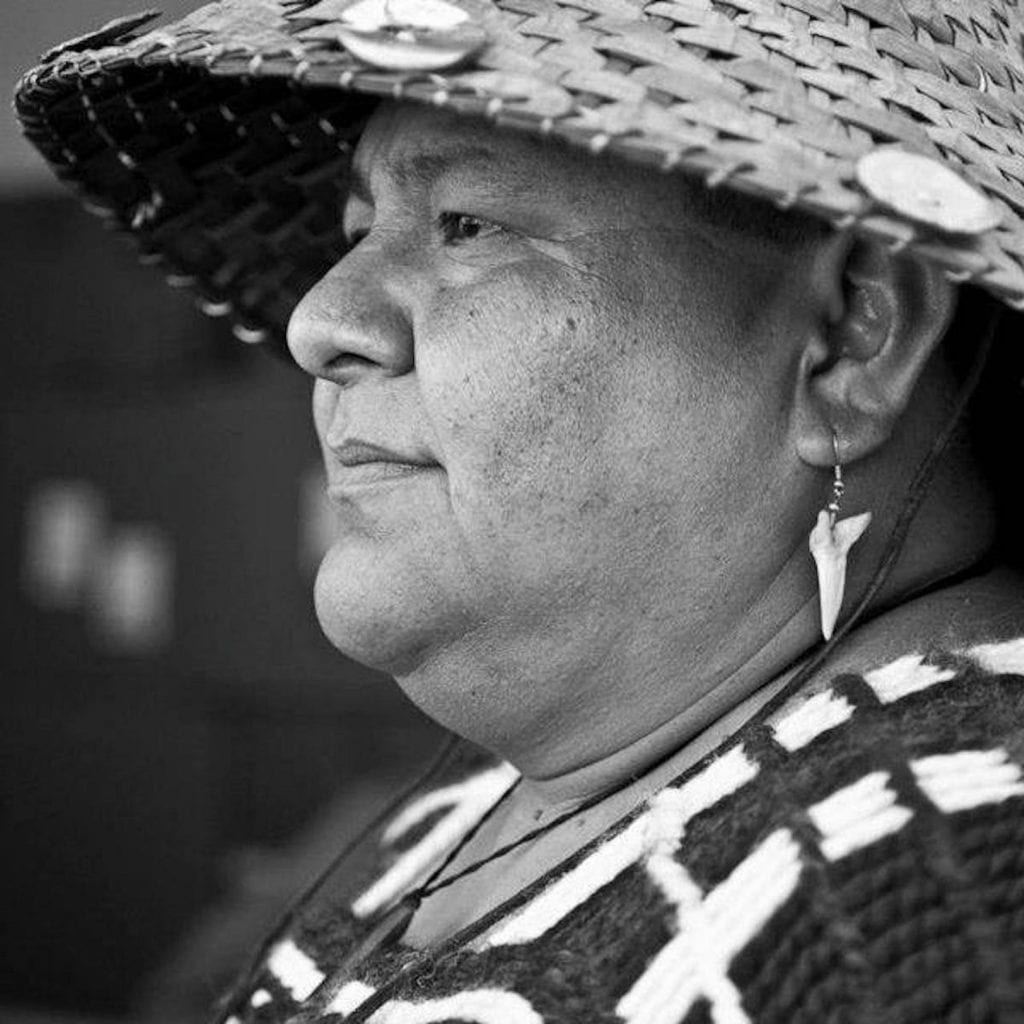
2020 Native Arts Fair Goes Virtual
Today, the arts fair is a private donor- and grant-funded 2-day event that welcomes approximately 5,000 visitors and typically features about 50 artists. “There was no way to safely do that this year, so we are doing a virtual market,” VerMeulen says. “Unfortunately, not everybody is set to sell their work online, but those that are will be on the website starting December first.” Unlike years prior, the arts fair will be a digital 12-day event. This extension will give people more time to connect with the 20 or so artists at this year’s holiday fair, including local artist Joe Seymour, who offers printmaking in traditional Coast Salish art styles.
Joe Seymour is an Evergreen graduate who has been a professional artist since 2006. He initially set out at Evergreen with the goal of becoming an art teacher, but quickly found that his heart was truly in his own projects. “My first class of the program was with Alex McCarty working the print studio,” Seymour recounts. Before Evergreen, Seymour was taking his established prints to a printmaker in Seattle, but after learning the techniques of the medium, he was able to start producing his own prints. This was largely influential in his decision to continue working for himself. Additionally, Evergreen provided exceptional opportunities for him to promote his work and really become established in the art community, locally and worldwide. As the in-house artist for Longhouse for two quarters, Seymour had the chance to design logos for artist gatherings on the campus and design prints to give away to the visiting artists. “I got a chance to be more of a production artist at that point,” Seymour says. “It gave me an idea of what it takes to turn out my own prints and made me more aware of what kind of prints I want to do.”
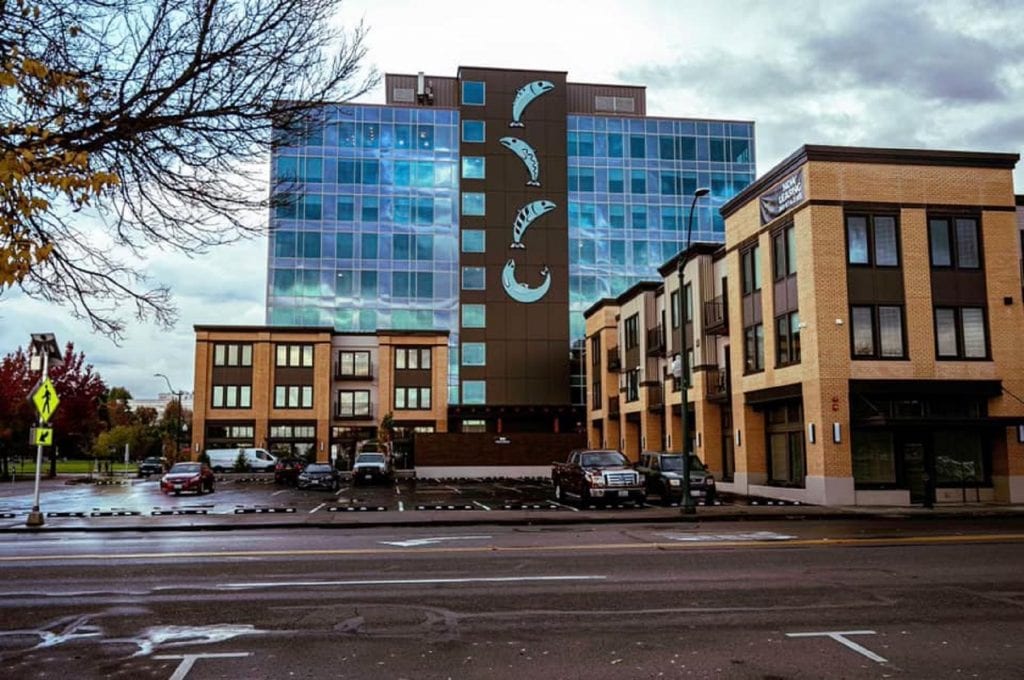
Since leaving Evergreen, Seymour has had the chance to work independently as an artist by promoting his work on the Joe Seymour Art website and on RedBubble. Additionally, he has worked on a number of projects, including the salmon on the new Views on Fifth building. The building owners wanted something that would define Olympia, and Seymour had the perfect idea. His own tribe of Squaxin Island survived many years on salmon, as did many other tribes in the area. “There is a high honor for the salmon,” Seymour explains. “We always remember the sacrifice the salmon make and honor their environment, so they always have a home to return to.” Seymour designed the salmon with this in mind to create something that would truly honor the culture and the salmon themselves. His passion for traditional native art styles and the environmental health of our local community really helped him capture the culture in this project, and it is a magnificent testament to the values of Olympia and Washington as a whole.
To see more of Seymour’s work along with many other exceptional artists, visit the Longhouse Native Arts Fair online from December 1 through December 12. This is a great opportunity for art-lovers to connect with and support local artists and the Longhouse mission, so be sure to check it out!
Sponsored

